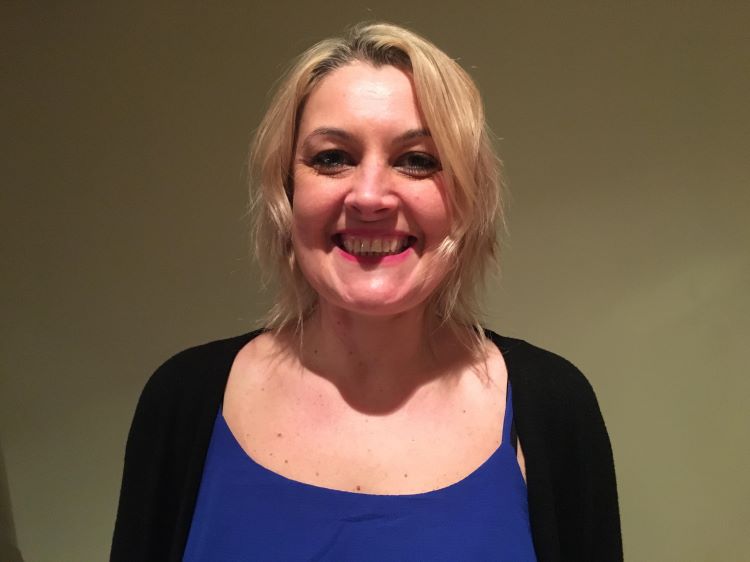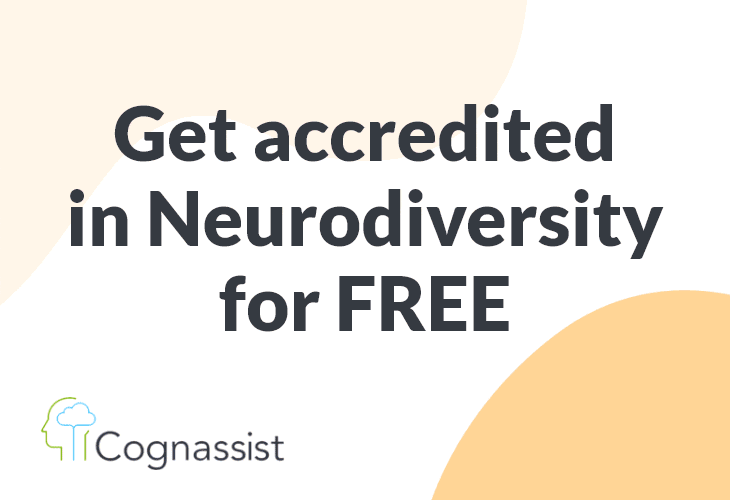How to support neurodiverse learners: an introduction

What does it really mean to think differently?
We all have our own perspective on the world. Each of us thinks and learns in our own way. It’s the job of educators to teach people new information, which gives them the skills, knowledge and behaviours they need to succeed. But how often do we give people the skills, knowledge and behaviour they need to learn this information in the first place?
We have found that one in three people are neurodiverse and require support in education – that’s over 30 percent of the working-age population. This evidence comes from over 70,000 cognitive assessments with post-16 learners.
Our education system can do more to support a diverse range of learners who have different cognitive strengths and areas where they may need support. Many people will have hidden learning needs which can go undetected well into adulthood.
Identifying individual learning needs can be transformative for learners. And it helps us to become more understanding. To uncover a different reason for potentially problematic behaviour and find solutions that build a love of learning.
Why does it matter?
Increasing awareness around neurodiversity and the differences in human cognition enables you to accurately tailor support at all levels of post-16 education from day one.
We all know that we can and must do more.
Your provisions make the difference between a “good” and “outstanding” Ofsted inspection, between completion and non-completion. And it changes the lives of people who would otherwise have been denied opportunities.”
The human brain is the most complex system in the known universe
So how can we possibly understand it? It’s doubtful that you have time in your busy schedule to earn a PhD in psychology, and very few of us enjoy reading dense scientific papers. We want to make science and the benefits it can bring more accessible to everyone.
The more accurately we can recognise and understand the different needs of individuals, the more we can tailor our support, break down the barriers these learners face in education and ensure greater long-term success. So let’s dive a little deeper into the eight key domains.
Dr. Louise Karwowski, Head of Science, Cognassist
So, what’s next?
We’re about to bring you something very exciting. A serialised set of guides on how to identify and support learners with a need in the eight key cognitive domain.
How to support neurodiverse learners: |
|
|
|
|
|
|
|
|
We’ll be posting one guide a week, rounding up with a podcast with Dr Louise Karwowski, Head of Science at Cognassist, who will discuss the importance of starting the conversation about neurodiversity with your staff and learners.
If you like the sound of understanding more about neurodiversity, you can register for free for the NCFE endorsed Neurodiversity Masterclass here:
You can also check out the full guide How to support Neurodiverse learners now.













Responses